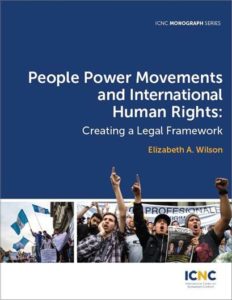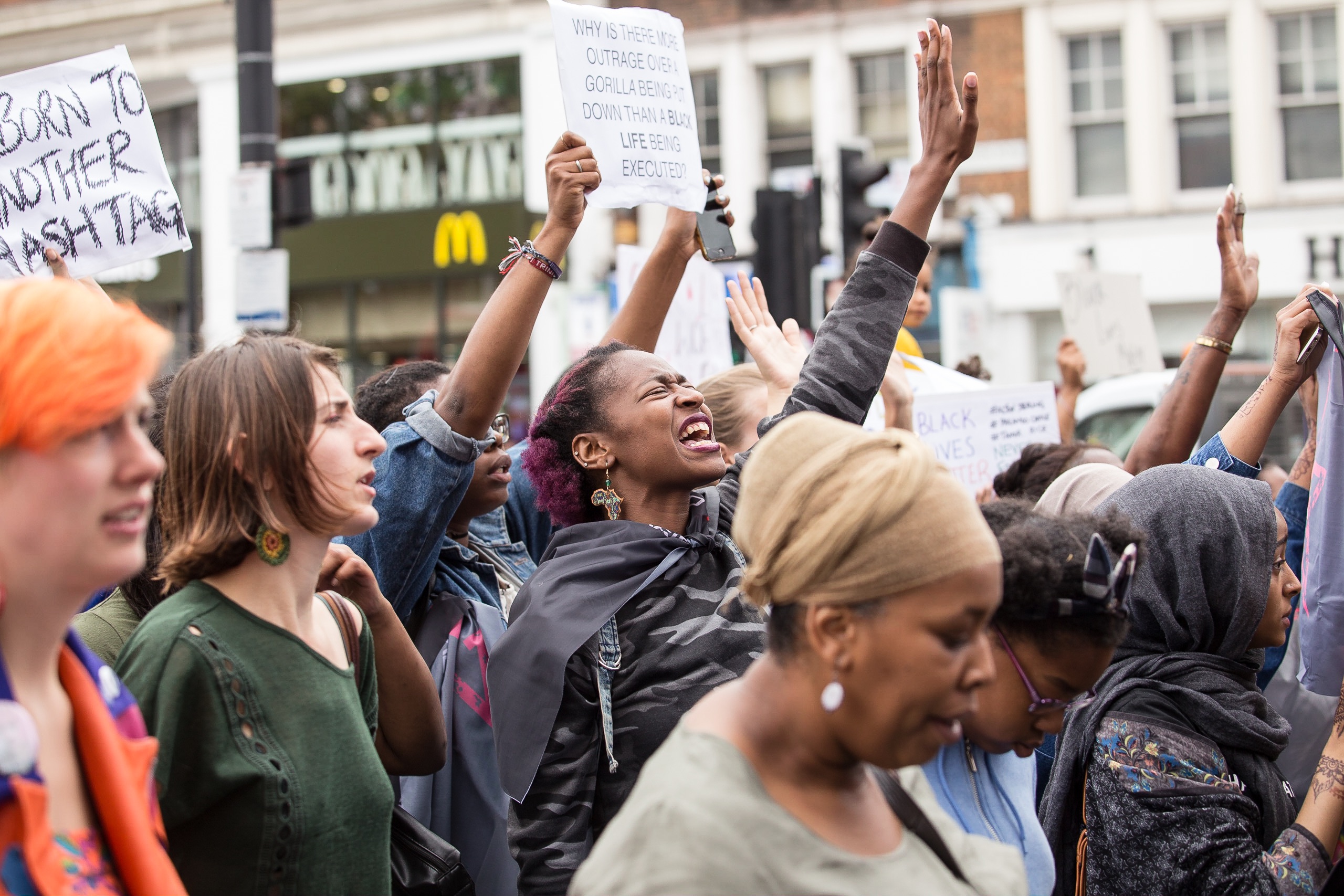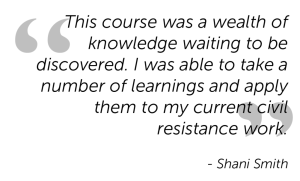Webinar Content
Introduction of Speakers: 00:00 – 5:30
Presentation: 5:31 – 37:21
Questions and Answers: 37:22 – 1:07:02
Webinar Summary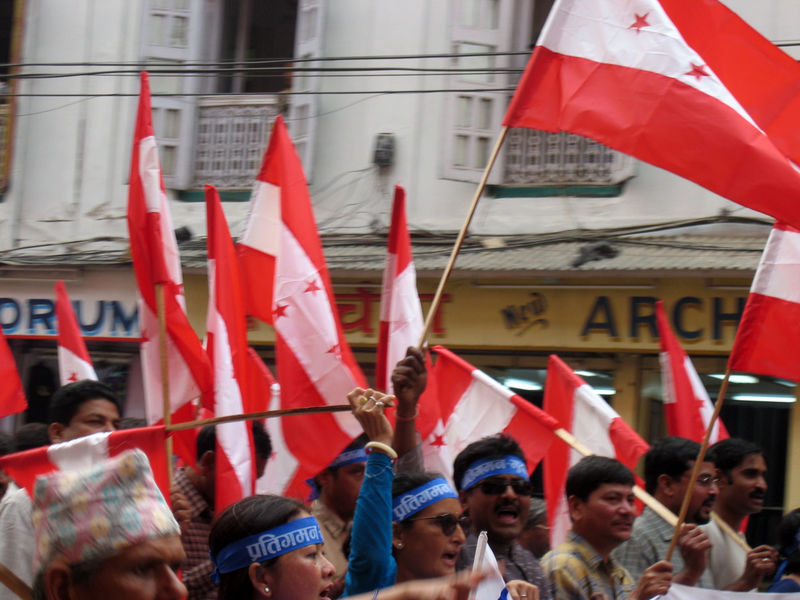
From 1996 until 2006 Nepal experienced a civil war that resulted in an estimated 17,000 casualties. Remarkably, the conflict ended when the Maoist insurgents forged an agreement with the country’s political parties to jointly launch a civil resistance campaign to oust the King. The civil resistance campaign succeeded in overthrowing the King, the former rebels have been integrated into normal democratic politics—even holding the premiership on multiple occasions—and Nepal has not seen a reversion to large-scale violence. However, many of the social tensions that initiated the conflict still have not been resolved. Protests are a regular occurrence and there has been a proliferation of armed groups in Nepal’s southern plains and Western hills.
This webinar will, among others, address the following questions:
- How were armed Maoists convinced to transition to nonviolent civil resistance?
- How and why did civil resistance succeed where violence could not?
- What accounts for the successes and failures of the subsequent peace process driven by civil resistance and peacebuilding strategies?
We attempt to analyze these questions by utilizing the framework developed by Veronique Dudouet in her 2017 ICNC Special Report, “Powering to Peace: Integrating Civil Resistance and Peace-building Strategies.” We trace the development of conflict from a period of latent conflict with high levels of horizontal inequalities and structural violence to an outbreak of overt, but initially violent conflict. We then illustrate how a transition from civil war to civil resistance was made possible and led to a successful conflict settlement. However, flaws in the conflict settlement process have produced a turbulent post-settlement process, one that falls short of the goals of reconciliation, transitional justice, and sustainable peace.
Presented by Ches Thurber & Subindra Bogati
Thursday, December 13, 2018
12 pm to 1 pm (EST-US)
Click here to download the webinar presentation slides
About the Presenters:
Ches Thurber is an Assistant Professor in the Department of Political Science at Northern Illinois University whose research and teaching focus on conflict, security, and contentious politics. His book project, Between Gandhi and Mao: The Social Roots of Civil Resistance, investigates how social structures inform movements’ willingness to engage in nonviolent and violent strategies. Dr. Thurber’s research has been published or is forthcoming in Journal of Global Security Studies, Conflict Management and Peace Science, and Small Wars and Insurgencies. He received his Ph. D. from The Fletcher School of Law and Diplomacy at Tufts University.
Subindra Bogati
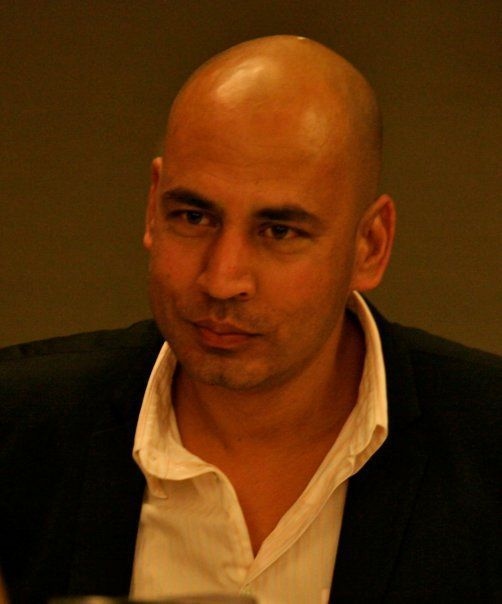
Subindra Bogati is the Founder / Chief Executive of Nepal Peacebuilding Initiative – an organization devoted to evidence based policy and action on peace-building and humanitarian issues. He has been working for conflict transformation and peace process in Nepal through various national and international organizations for the last several years. Until recently, he was one of the principal investigators of the two yearlong research, dialogue and policy project on “Innovations in Peacebuilding”, which was a partnership between University of Denver, Chr. Michelsen Institue (CMI) in Bergen, and the Center for the Study of Violence and Reconciliation in South Africa and the Nepal Peacebuilding Initiative, Nepal. He holds an MA in International Relations from London Metropolitan University and was awarded the FCO Chevening Fellowship in 2009 at the Centre for Studies in Security and Diplomacy, the University of Birmingham. He is a PhD candidate in the department of Political Science, Tribhuvan University, Nepal.
Suggested Readings
Dudouet, Veronique. “Powering to Peace: Integrating Civil Resistance and Peacebuilding Strategies,” ICNC Special Report, 2017.
Routledge, Paul. “Nineteen Days in April: Urban Protest and Democracy in Nepal,” Urban Studies Vol. 47, no. 6, May 2010:1779-1799.
Sisk, Timothy and Subidra Bogati, “Natural Disaster & Peacebuilding in Post-War Nepal: Can Recovery Further Reconciliation?” Denver Dialogues, Political Violence at a Glance, June 2, 2015.

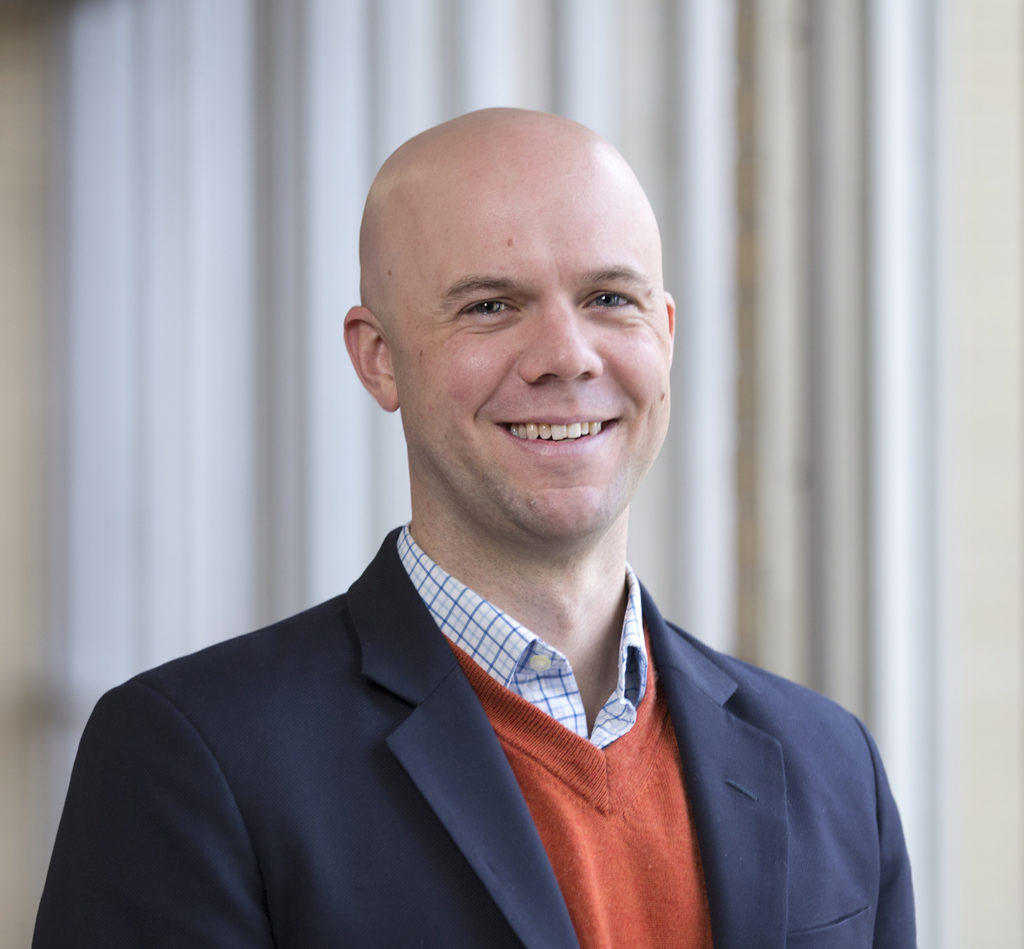
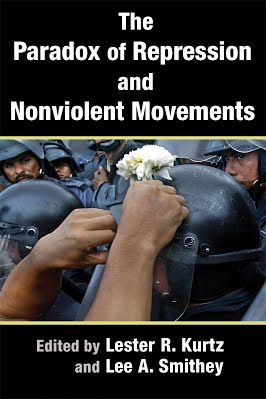

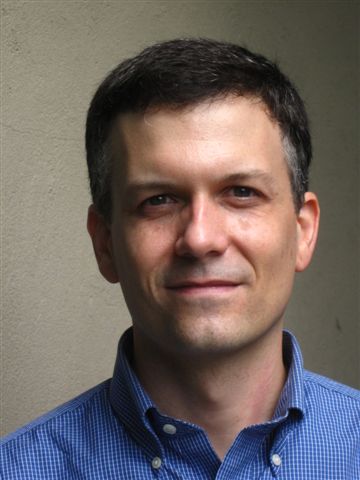




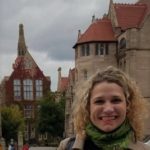

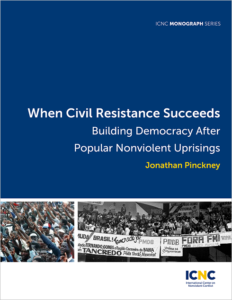

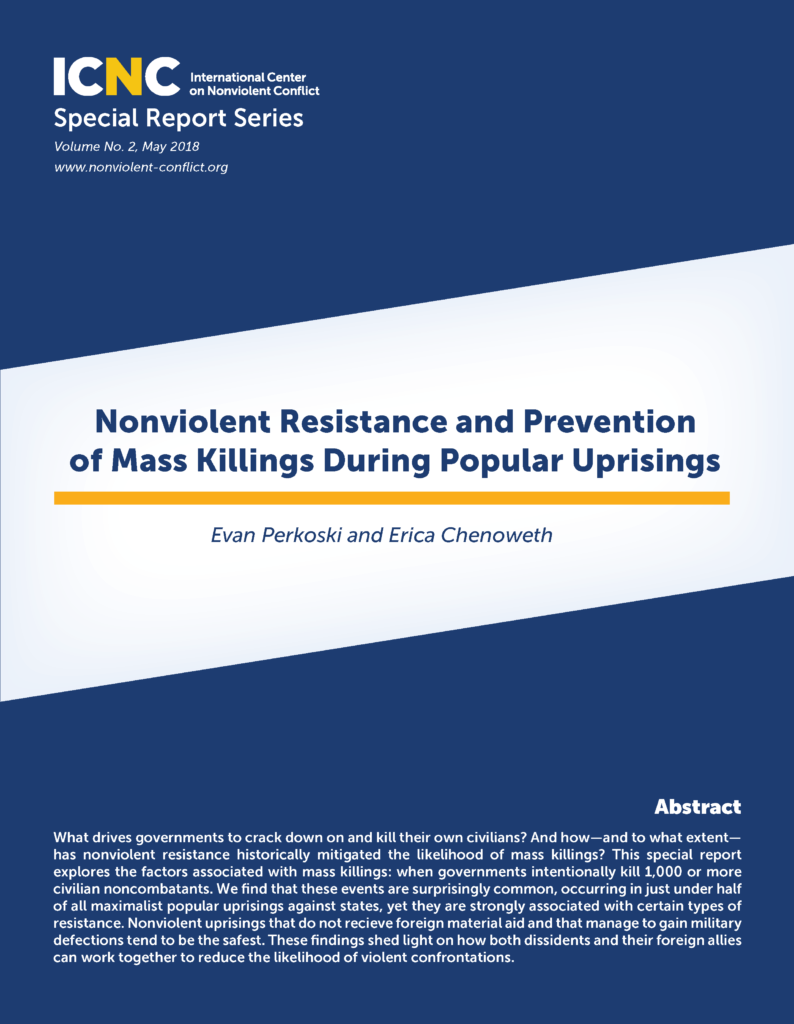
 Dr. Evan Perkoski is an assistant professor in the Department of Political Science at the University of Connecticut. His research focuses on the dynamics of rebel, insurgent, and terrorist groups; strategies of violent and nonviolent resistance; and the behavior of state and non-state actors in cyberspace. His current book manuscript explores the breakdown of armed organizations, focusing particularly on the emergence of splinter groups and how they behave relative to their predecessors. He received his PhD from the University of Pennsylvania and has held fellowships at the Belfer Center for Science and International Affairs at the Harvard Kennedy School of Government and the Josef Korbel School of International Studies at the University of Denver.
Dr. Evan Perkoski is an assistant professor in the Department of Political Science at the University of Connecticut. His research focuses on the dynamics of rebel, insurgent, and terrorist groups; strategies of violent and nonviolent resistance; and the behavior of state and non-state actors in cyberspace. His current book manuscript explores the breakdown of armed organizations, focusing particularly on the emergence of splinter groups and how they behave relative to their predecessors. He received his PhD from the University of Pennsylvania and has held fellowships at the Belfer Center for Science and International Affairs at the Harvard Kennedy School of Government and the Josef Korbel School of International Studies at the University of Denver.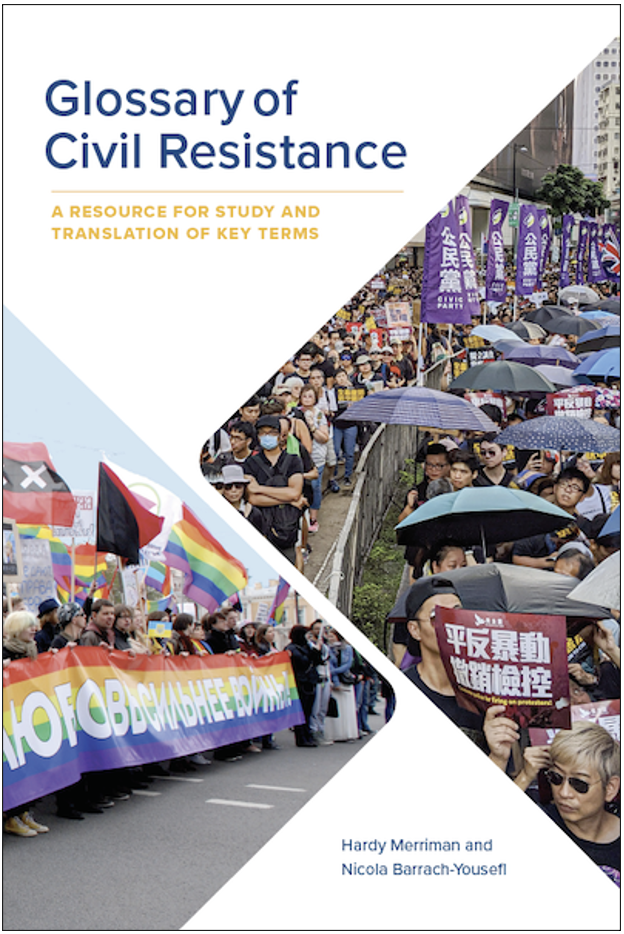 By: Hardy Merriman and Nicola Barrach-Yousefi
By: Hardy Merriman and Nicola Barrach-Yousefi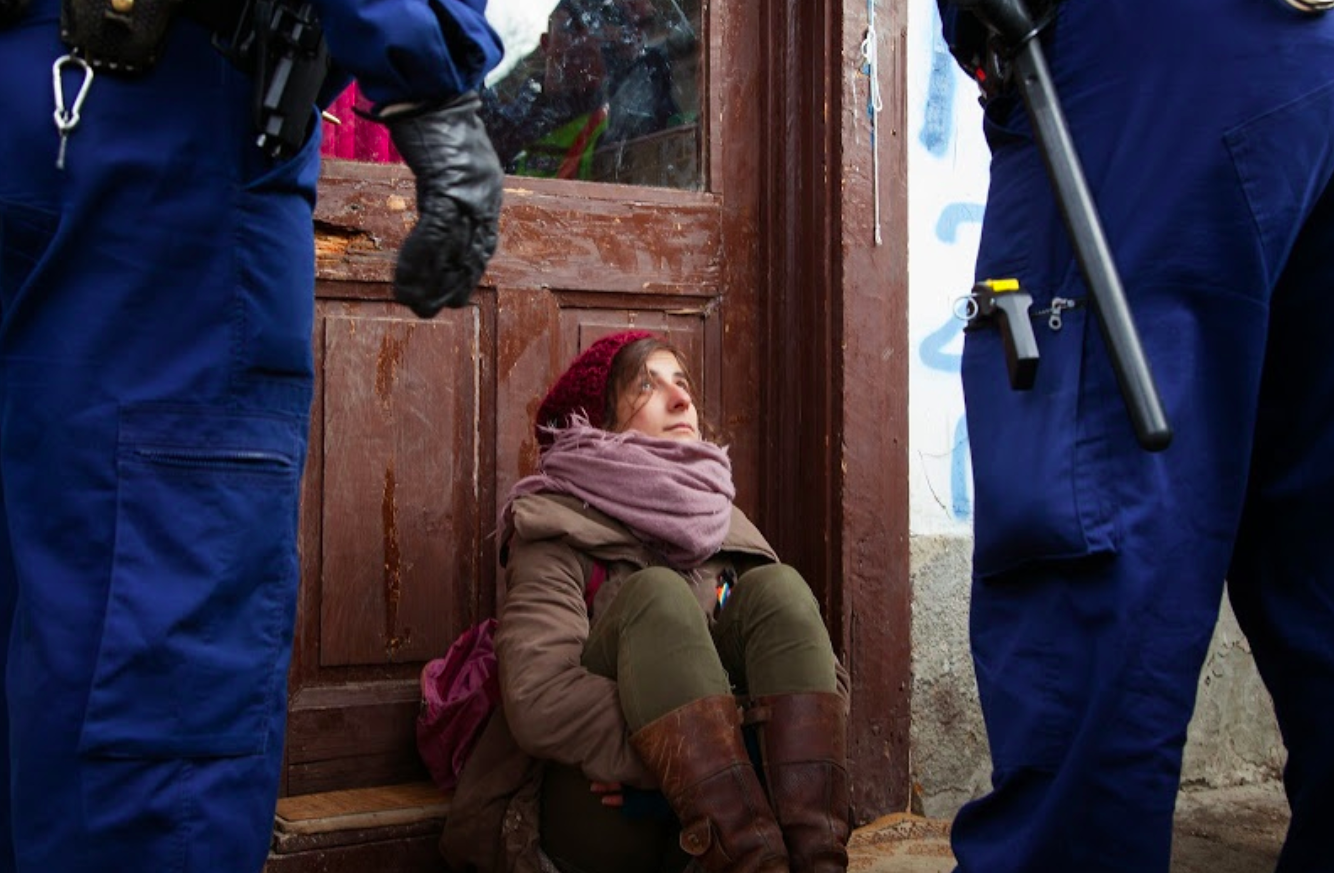
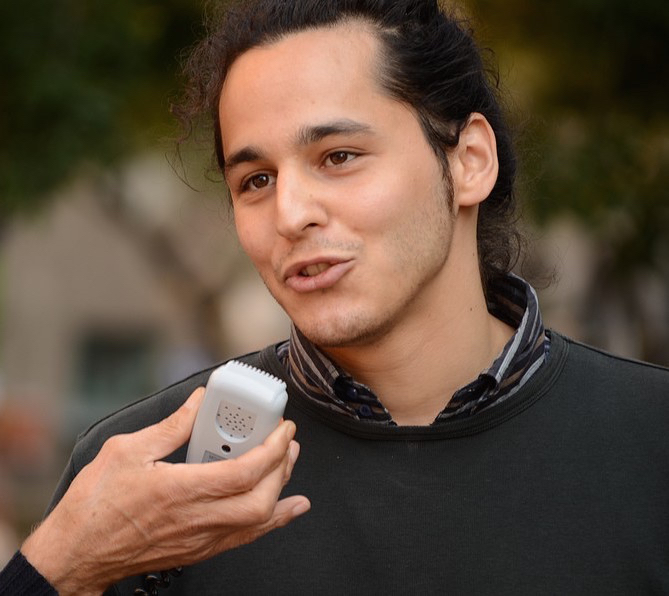

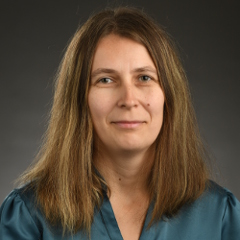
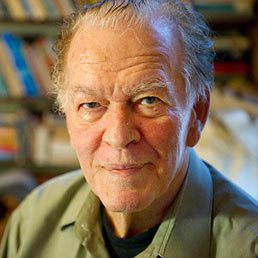 Gene Sharp, a pioneering scholar in the field of civil resistance, died Sunday at his home in Boston. He was 90. Dr. Sharp’s seminal work, “The Politics of Nonviolent Action,” identified 198 tactics of civil resistance and, since its publication in 1973, has been a lodestar for activists, academics, policymakers and nongovernmental organizations. Both Peter Ackerman, founder of the International Center on Nonviolent Conflict (ICNC), and Hardy Merriman, President of ICNC, worked closely with Dr. Sharp.
Gene Sharp, a pioneering scholar in the field of civil resistance, died Sunday at his home in Boston. He was 90. Dr. Sharp’s seminal work, “The Politics of Nonviolent Action,” identified 198 tactics of civil resistance and, since its publication in 1973, has been a lodestar for activists, academics, policymakers and nongovernmental organizations. Both Peter Ackerman, founder of the International Center on Nonviolent Conflict (ICNC), and Hardy Merriman, President of ICNC, worked closely with Dr. Sharp.